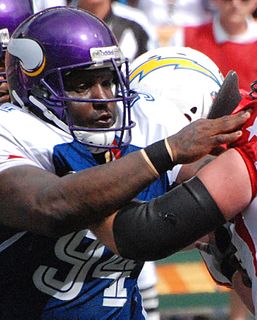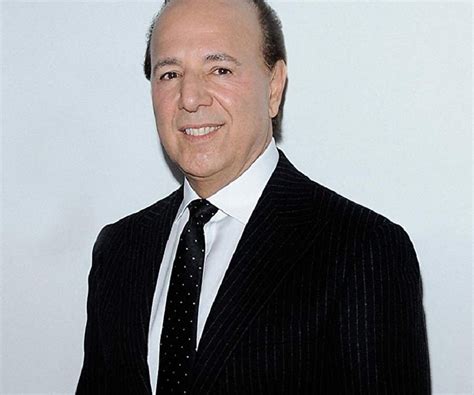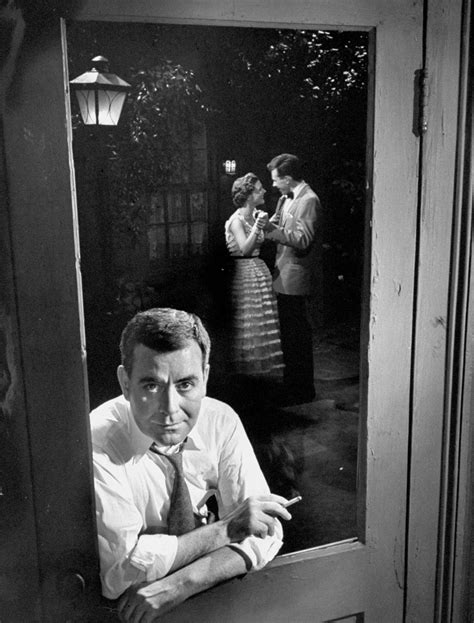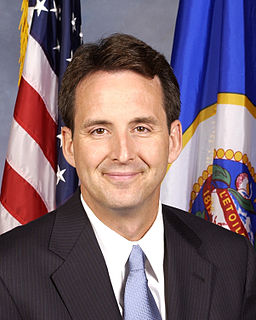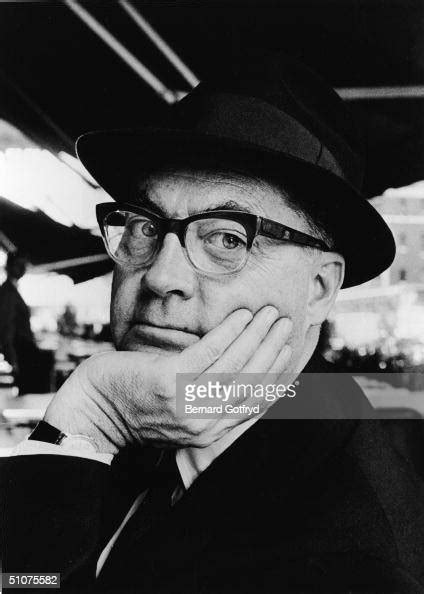A Quote by Andy Jassy
Our leadership principles often have tension in them. And I think that's actually a good thing and it makes sense.
Quote Topics
Related Quotes
People are actually very good at being communists in the sense that they instantly abandon capitalism, that they love these relationships of mutual aid, because the astonishing thing about disasters is that people are often weirdly joyous in them, because they've recovered a sense of agency, a sense of power, etc.
It's hard to predict and to say what goes on inside the minds of an artist, but that's what makes them an artist. That sense of creativity. That thing that makes them tick is probably the very thing that pushes them to the extremes that sometimes can cause, you know, fatalities and things that, you know, that end up not being good.
The loss of seriousness seems to me to be, in effect, a loss of hope. I think that the thing that made people rise to real ambition, real gravity was the sense of posterity, for example - a word that I can remember hearing quite often when I was a child and I never hear anymore. People actually wanted to make the world good for people in generations that they would never see. It makes people think in very large terms to try to liberate women, for example, or to try to eliminate slavery.
Sometimes we forge our own principles and sometimes we accept others' principles, or holistic packages of principles, such as religion and legal systems. While it isn't necessarily a bad thing to use others' principles - it's difficult to come up with your own, and often much wisdom has gone into those already created - adopting pre-packaged principles without much thought exposes you to the risk of inconsistency with your true values.
There is this thing called the university, and everybody goes there now. And there are these things called teachers who make students read this book with good ideas or that book with good ideas until that's where we get our ideas. We don't think them; we read them in books. I like Utopian talk, speculation about what our planet should be, anger about what our planet is. I think writers are the most important members of society, not just potentially but actually. Good writers must have and stand by their own ideas.
I often write about nonreligious people, and I try to find situations where their sense of humanity is restored or discovered. I think you can be a good person in many ways. And I think you often have to be careful that prayer can seem superficial, because it's a very complicated thing to love your neighbor as yourself.
I think the country's in trouble. And I think I have a pretty clear sense of the values and principles that have made this country great. I've had a chance to govern and lead with those in mind, with some significant success in Minnesota. And I think the country needs that kind of leadership and insight and perspective.

